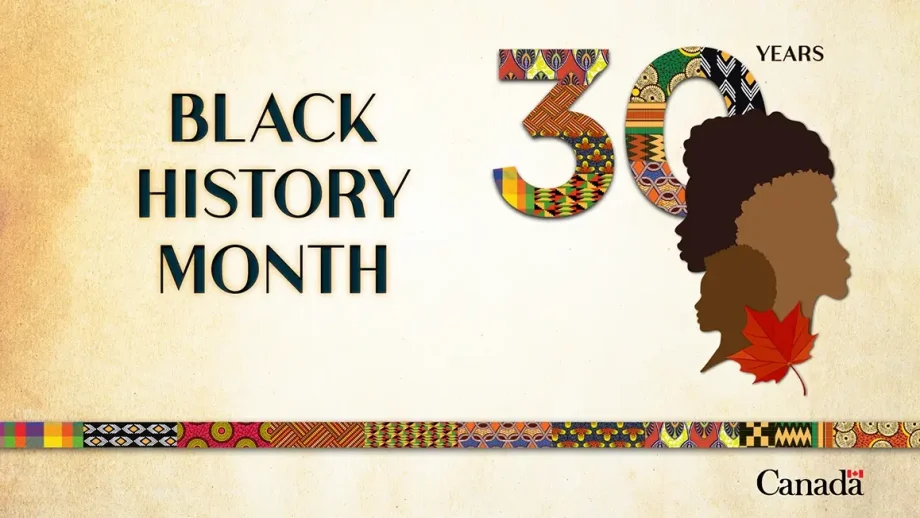WINNIPEG—Street youth have often been viewed as a problematic group in society. Many people see street kids as lazy and rebellious young people unwilling to take responsibility for their situations.
A study that sought to listen to and hear the voices of street-involved youth was undertaken collaboratively through researchers at the University of Manitoba and the former executive director of Operation Go Home (OGH). Funding for the research came from The University of Winnipeg’s Institute of Urban Studies and the Winnipeg Inner-city Research Alliance (WIRA), which is funded by the Social Sciences and Humanities Research Council (SSHRC) and Canada Mortgage and Housing Corporation (CMHC).
The study, Voices from the Margins: Experiences of Street-Involved Youth in Winnipeg, takes us through the sometimes controversial and hard-hitting stories of 12 young people and their personal struggles to survive and transcend the harsh realities of the street. Voices from the Margins findings won’t go down easily and its recommendations are sure to impact academic researchers, service providers, and policy makers.
The study, conducted from the perspective of 12 street experienced youth arrived at this key finding: Homelessness is not a choice that youth make freely or easily. What emerges from the interviews is an understanding that society has failed these kids.
Systems have to change in order to address the needs of youth at risk. An understanding of the plight of street youth can change the way we view homeless youth. Services can become youth-oriented. Policy makers can use the recommendations from the study to develop policies to prevent youth homelessness, provide support to those on the street, facilitate the process of getting off the street, and ensure that youth do not return to the street. The goal: to bring the voices and experiences of street youth to key decision-makers in order to ignite social change to improve the lives of those from the margins.
An incredibly practical outcome from the research has been the development of a “Street Survival Guide.” Street youth now have a concise, non-judgmental, and easy-to-read guide where they can find a wealth of information on everything from health issues to social service agencies.
Copies of the study are available by calling Anita Friesen, Community Research Coordinator at WIRA (982.1152).
Key Contacts:
Kelly Holmes, Program Director
Operation Go Home
953.1312
Dr. Nancy Higgitt
Department of Family Studies, The University of Manitoba
474.8053
Voices from the Margins: Experiences of Street-Involved Youth in Winnipeg Study
The Winnipeg Street Youth Survival Guide
For more information, please contact:
Katherine Unruh, Director of Communications, The University of Winnipeg
tel: 204.786.9872 cel: 204.782.3279




